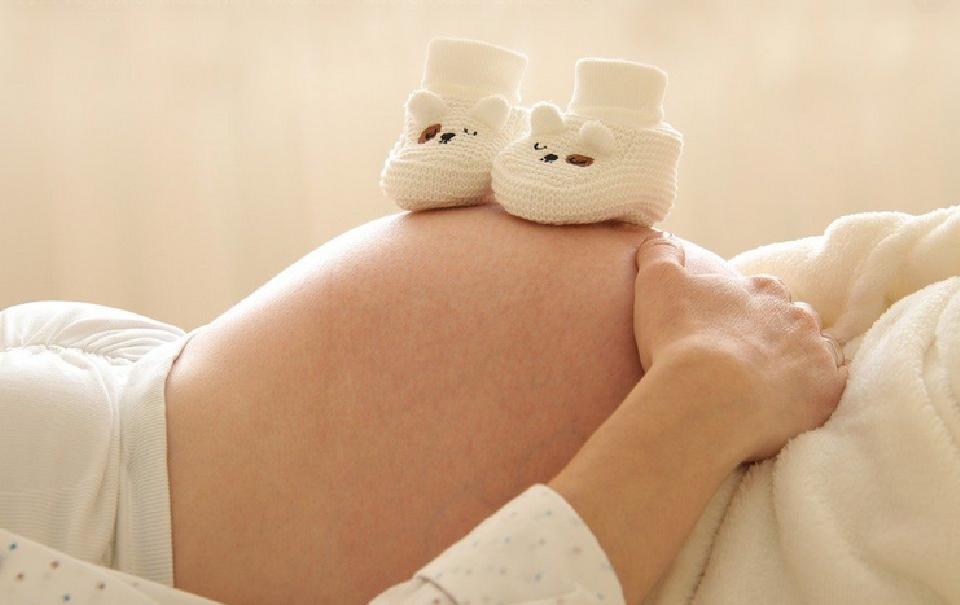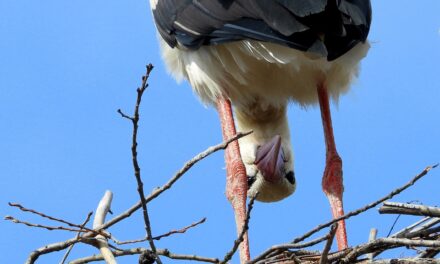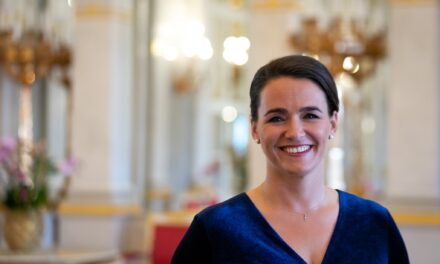The breast milk of breastfeeding mothers vaccinated against Covid-19 contains a significant amount of antibodies that can help protect babies from the coronavirus, according to new research from the University of Florida.
Our results show that antibodies against SARS-CoV-2 (the virus that causes Covid-19) appear in breast milk as a result of vaccination, which suggests that vaccinated mothers can pass on immunity to their babies, said Joseph Larkin III, the lead author of the study, associate professor in the Department of Microbiology and Cell Science at the University of Florida.
When babies are born, their immune systems are underdeveloped, making it difficult for them to fight off infections on their own. Also, they are often too young to respond well to certain types of vaccines. During this vulnerable period, breastfeeding mothers are able to arm their babies with "passive immunity" with their breast milk, explained Professor Josef Neu, one of the co-authors of the study.
Think of breast milk as a toolbox full of different tools to help prepare your baby for life. Vaccination adds a new tool to this toolbox, which can be particularly suitable for the prevention of Covid-19, explained Neu.
The professor said that according to the results of the study, vaccines can help protect both mother and baby, which he says is another compelling reason for pregnant or breastfeeding women to get vaccinated.
The research was conducted between December 2020 and March 2021, when the Pfizer and Moderna vaccines first became available to healthcare workers. For the study, the researchers recruited 21 nursing health workers who had not yet been infected with the coronavirus. The research team took samples of the mothers' breast milk and blood three times: before vaccination, after the first dose and after the second dose.
After the second dose, we saw a strong antibody response in the blood and breast milk: about a 100-fold increase over pre-vaccination levels, said Lauren Stafford, a doctoral student in Larkin's lab. These levels were also higher than those observed after natural infection with the virus, said researcher Vivian Valcarce, a neonatology resident in the university's department of pediatrics.
Neu also said that his laboratory is also interested in the possible therapeutic use of the milk of vaccinated mothers. The study, published in the journal Breastfeeding Medicine, was presented by the scientific news portal EurekAlert.
Source: MTI
Image: Pixabay












